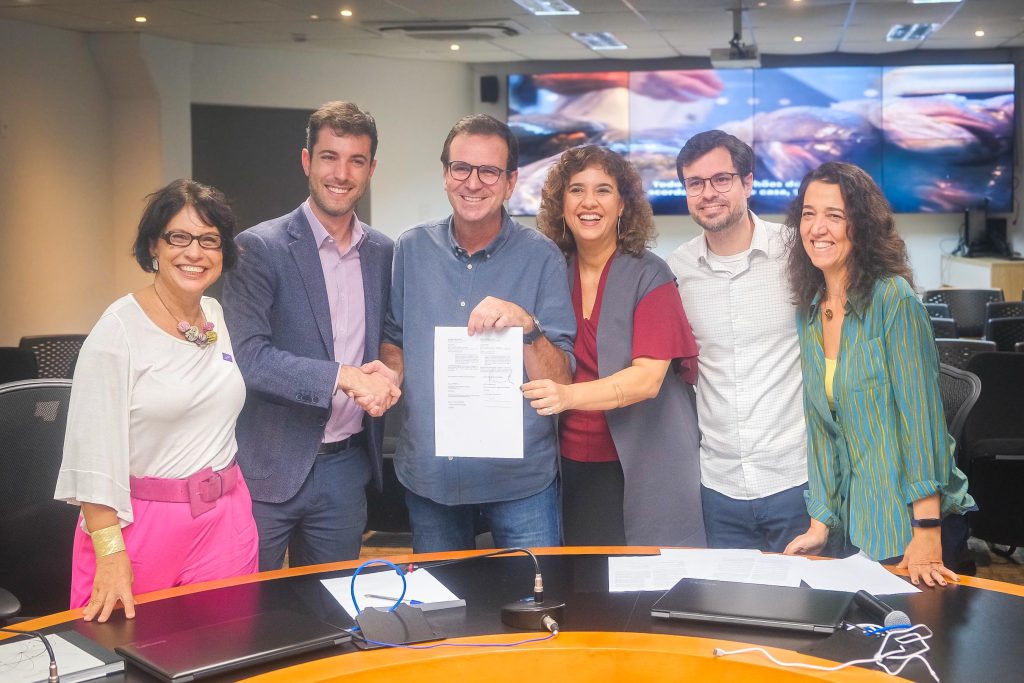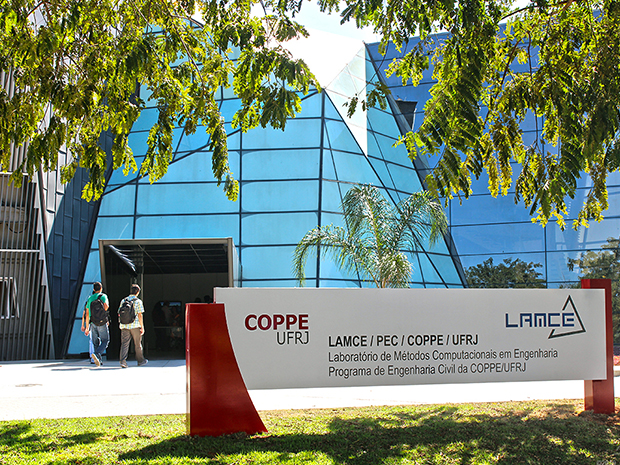Coppe to host MIT Center in the city of Rio de Janeiro
Planeta COPPE / News
Date: 03/04/2024

Coppe/UFRJ will host the Senseable Rio Lab (SRL), a branch of the MIT Senseable City Lab in the city of Rio de Janeiro, which is a laboratory specialized in digital technologies and urbanism. The agreement is the result of a partnership between the Local Government of Rio de Janeiro and the Senseable City Lab of the Massachusetts Institute of Technology (MIT) and was signed today, April 4, at the Rio de Janeiro City Hall.
The MIT, or Massachusetts Institute of Technology, is one of the world’s leading centers for research in science, engineering, and technology. Its alumni and professors have been awarded 98 Nobel prizes (the best known of which is Richard Feynman, the father of quantum physics) and hundreds of them have won major technology awards.
Senseable World Labs is a family of global cities that address humanity’s greatest challenges through the creative use of new technologies.
As a founding member of the Senseable World initiative, the Senseable Rio Lab (SRL) is a five-year collaborative project between the city of Rio de Janeiro and MIT’s Senseable City Lab.
The main purpose of the laboratory is to promote, for five years, new resources and methods of articulating knowledge about the city of Rio de Janeiro to improve the quality of life of its residents as an outcome of the critical scientific research it develops. During this execution phase, Rio de Janeiro will be used as a living laboratory, with the resulting experiments and prototypes being conducted and implemented in the city.

SRL will operate at Coppe’s Laboratory of Computational Methods in Engineering (Lamce), implementing innovative methodologies that will allow technological advancements in data-driven approach, field research, and research on tools to improve public policies and urban projects for the Rio de Janeiro. The bench-level tests will focus on four research pillars: urban informality, artificial intelligence, urban modeling, and solutions that aim to make Rio de Janeiro a more equal and carbon-neutral city by 2050.
In order to promote the urban development specifically of the city of Rio de Janeiro, the SRL has outlined a number of initial research protocols of academic interest. The main project is called Favelas 4D and uses 3D laser scanning technology to analyze the urban morphology of favelas, with the purpose of making urban informality visible to enable improvements in the public actions of the local government. To this end, it will research digital means of detecting, analyzing, and managing informal settlements to improve health quality and the environment, as well as other development opportunities as enabled by the data and tools in question, such as improvements in housing and regularization of such informal settlements.
The SRL initiative will initially recruit six full-time MIT researchers who will focus on Rio de Janeiro, half of which will be working in loco, while the other half will stay at the headquarters in Boston (USA). During the project, MIT will engage with students from across the Rio de Janeiro region, providing knowledge about the methods and tools the city needs to enable future generations to lead urban transitions.
Coppe’s Director, Professor Suzana Kahn, says that this partnership will allow for all the institution’s expertise in digital transformation to be used towards improving urban quality of life and preparing cities for the climate crisis.
